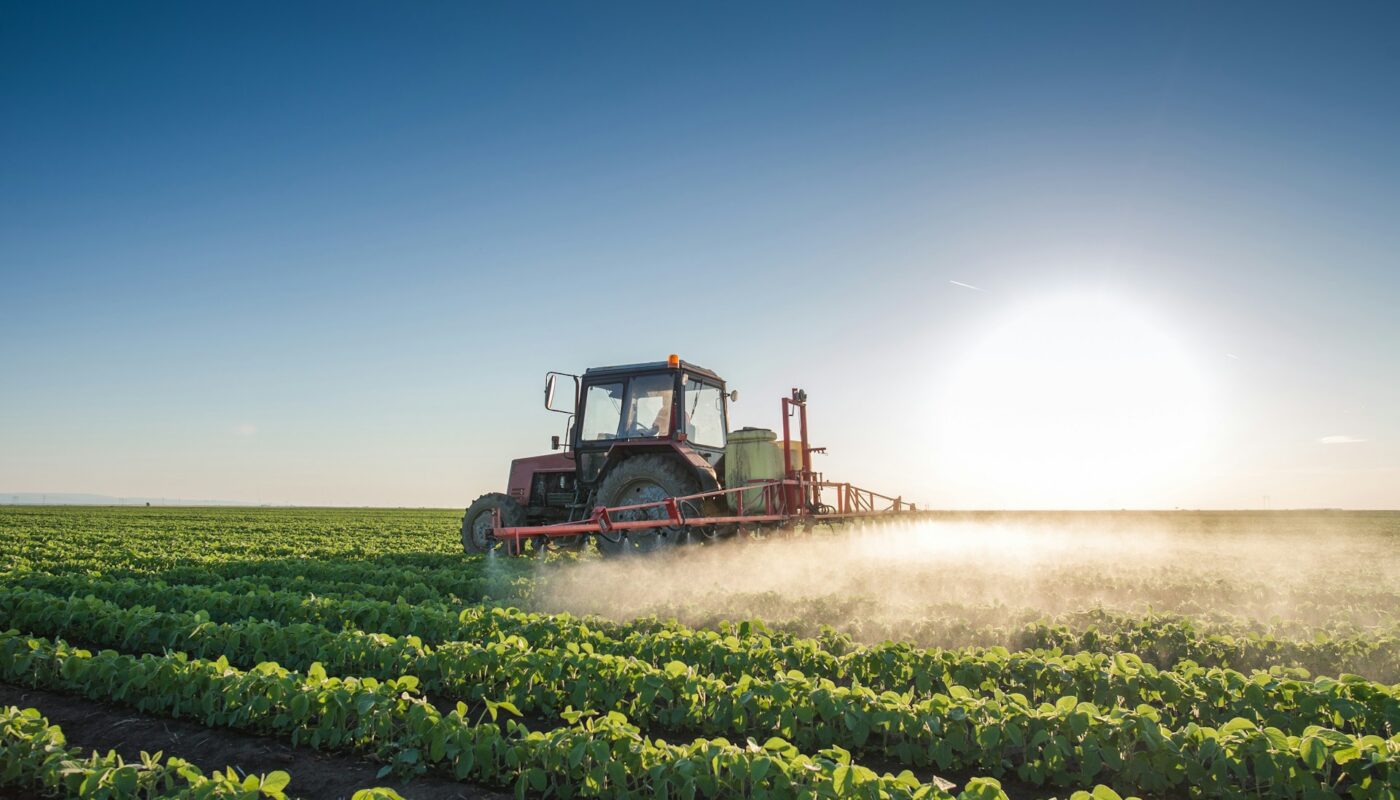MSU’s Bruno Basso joins national team proposing a new biofuel policy that rewards climate-smart farming practices to fight emissions and boost farm income.
MSU Environmental Scientist Joins Policy Effort to Redefine Biofuels
In a press release issued on August 18th, Bruno Basso, a John A. Hannah Distinguished Professor at Michigan State University, has joined a coalition of researchers urging federal policymakers to overhaul U.S. biofuel regulations. Their proposal calls for rewarding farmers who adopt climate-smart agricultural practices—such as no-till farming, crop rotation, cover cropping, biochar use, and enhanced rock weathering—that lower greenhouse gas emissions and improve soil health.
The policy, published in Science by economists from the University of Illinois Urbana-Champaign, the University of California-Berkeley, the U.S. Department of Agriculture, and Basso of MSU, promotes a shift toward farm-specific carbon intensity (CI) scoring in biofuel production.
“This policy is about turning farms into drivers of rural prosperity and stewards of our natural resources,” Basso said. “By rewarding practices that store carbon in the soil, we can cut emissions, improve soil health and create new revenue streams for farmers and rural communities.”
Why Climate-Smart Biofuel Policy Matters for Michigan and Beyond
Biofuels—produced from renewable plant or organic materials—have been considered a cornerstone of efforts to reduce reliance on fossil fuels. Yet, existing policies often fail to account for how sustainable farming practices reduce the carbon footprint of biofuel feedstocks.
For Michigan, where agriculture is a major economic sector and biofuel crops such as corn and soybeans are widely grown, aligning biofuel incentives with sustainable practices could benefit both farmers and the environment. Basso’s work at MSU’s Kellogg Biological Station has already demonstrated that climate-smart techniques improve soil carbon sequestration while sustaining yields.
The researchers argue that these practices could play a role not only in energy production but also in food, animal feed, and fiber markets—broadening the benefits of climate-smart agriculture.
Leveraging Carbon Benefits in Biofuel Markets
The proposed policy integrates with existing market-based frameworks, such as the Low Carbon Fuel Standard (LCFS) in California. Unlike traditional conservation subsidies, the LCFS allows scaling based on market demand rather than limited budgets.
By incorporating farm-specific carbon footprints, farmers who reduce emissions and boost soil carbon could sell their feedstocks at premium prices. Biorefineries, in turn, would reduce supply-chain emissions, meeting carbon targets more efficiently.
“By aligning biofuel policies with climate-smart agricultural practices, we can create a win-win scenario for farmers, the environment and the biofuel industry,” said lead author Madhu Khanna, economist at the University of Illinois.
Tools for Tracking Carbon Intensity and Ensuring Accountability
Key to the policy is the use of multimodel ensembles (MMEs), a digital modeling system Basso and colleagues developed in 2025. MMEs can assess soil carbon changes and greenhouse gas reductions from farm practices with greater accuracy.
The framework also proposes long-term contracts between farmers and biorefineries to secure consistent adoption of these practices. Advanced monitoring tools, including mass-balance and book-and-claim systems, would trace reductions in carbon intensity across the supply chain.
Still, challenges remain. Soil carbon sequestration is reversible, and there are risks of emissions shifting to off-farm activities. The researchers stress that temporary carbon storage still provides climate benefits and that adaptive policies and digital monitoring can address these risks.
“Delaying action while waiting for perfect solutions will be costly,” Basso said. “Advances in modeling and digital technologies now make it possible to track carbon intensity, support farmers economically, and help communities reduce their environmental footprint.”
Toward a Carbon-Neutral Agricultural Future
The study highlights agriculture’s potential as both a source of bioenergy and a carbon sink. Extending climate-smart biofuel policies into food and fiber production could accelerate the sector’s contribution to global carbon reduction goals.
For Michigan farmers, such a framework could mean new revenue opportunities tied to carbon markets, increased soil productivity, and enhanced resilience to climate extremes. Basso’s leadership signals Michigan’s role in shaping national policies that link agriculture, energy, and climate.
Read More Interesting Feature Stories From ThumbWind
- Michigan Feature News Stories – Unveiling the diverse and vibrant people, captivating places, and remarkable events that come together to make the Great Lake State unique.
- Strange Political News – A sarcastic take on official news from around the U.S., exploring the absurdities that often arise in the political landscape while providing a humorous perspective on current events and highlighting the quirks of politicians and policies.
- Michigan Hometown News – News and events from Michigan’s Upper Thumb region worth knowing, including local stories, impactful interviews, and updates on community happenings that shape the culture and lifestyle of the area.
Your Turn – Like This, or Hate it – We Want To Hear From You
Please offer an insightful and thoughtful comment. We review each response. Follow us to have other feature stories fill up your email box, or check us out at ThumbWind News.




